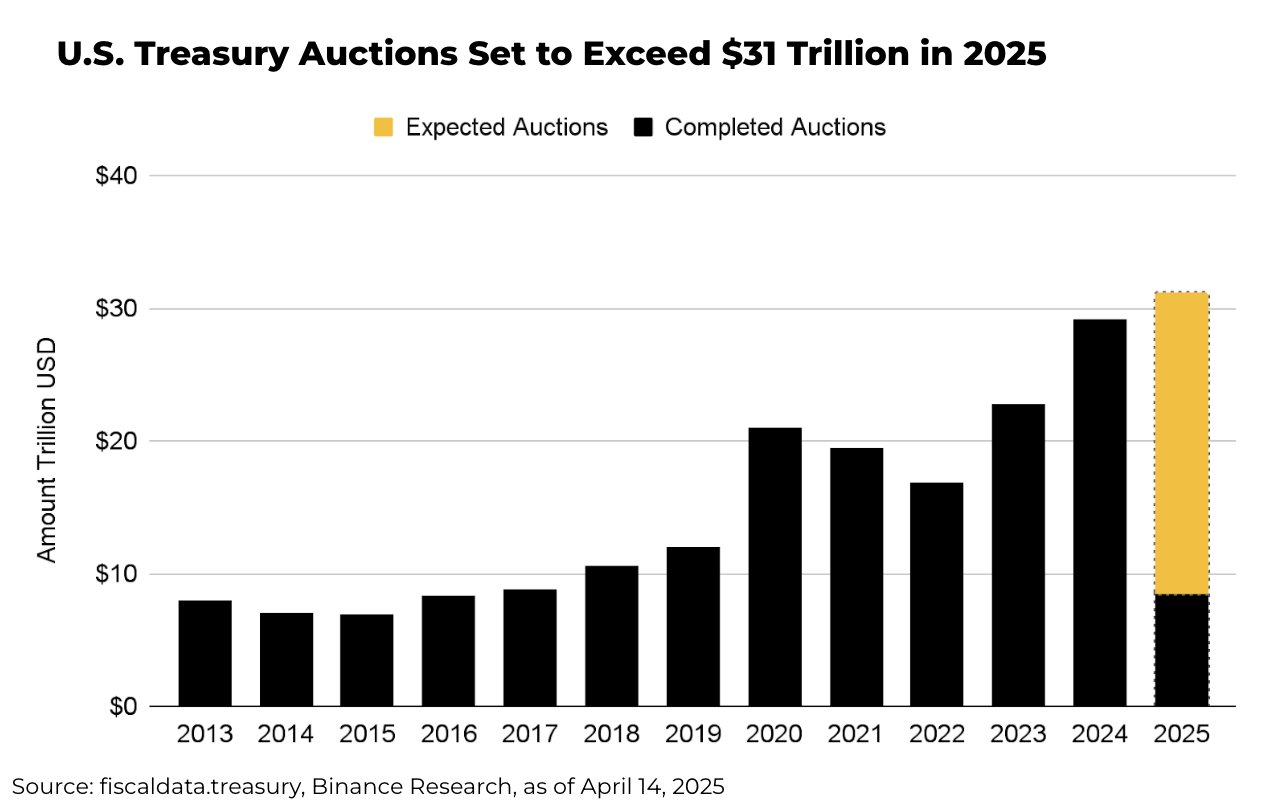Rural rabies Response Gets a Shot in the Arm: Tucumán Province Decentralizes Vaccine Access
Table of Contents
- 1. Rural rabies Response Gets a Shot in the Arm: Tucumán Province Decentralizes Vaccine Access
- 2. bringing Healthcare Closer to Home: A Rural Revolution
- 3. training as a Cornerstone of Change
- 4. Empowering Local Hospitals and Communities
- 5. Lessons for the U.S.: Addressing Rural Healthcare Disparities
- 6. Looking Ahead: A Model for Global Health Equity
- 7. FAQ: Rabies Prevention and Treatment
- 8. Rural Rabies Response: An Interview with Dr. miguel Ferrer Contreras on Argentina’s Decentralization Initiative
- 9. Interview: Bridging healthcare Gaps in Rural Tucumán
- 10. The Training program and Community Empowerment
- 11. Lessons for the U.S. and Future Impact
- 12. Join the Conversation
New training initiative aims to bridge healthcare gaps in rural Argentina, offering lessons for U.S. public health strategies.
By Archys, Archyde.com News Journalist
bringing Healthcare Closer to Home: A Rural Revolution
In a move that could serve as a blueprint for rural healthcare improvements across the globe, Tucumán Province in Argentina is taking aggressive steps to decentralize access to the anti-rabies vaccine. Led by the Department of immunizations of the Provincial Health System (Siprosa) and the Ministry of Public Health, a crucial training programme held at the Nicolás Avellaneda Hospital aims to extend vital services to underserved communities in the southern region.
For residents in the southern part of the province, accessing post-exposure rabies treatment previously meant a long and often arduous journey to the capital.now, wiht the establishment of a new reference node at the Aguilar Hospital, that’s about to change. This initiative directly addresses a critical need, particularly in rural areas where encounters with potentially rabid animals are more frequent.
training as a Cornerstone of Change
The training program, spearheaded by doctors Ricardo Cortés and Estela Maris Sánchez, provincial immunization experts, went beyond merely administering the vaccine. It encompassed a holistic approach to rabies prevention,covering everything from identifying transmitting animals to responsible pet ownership and emergency bite protocols.
Doctor Miguel ferrer Contreras, director of the Immunizations Department, emphasized the importance of accessibility, stating, We are working for each tucumano and Tucumana to access the benefits without having to move kilometers.
This commitment to patient-centric care is a guiding principle behind the decentralization effort.
Empowering Local Hospitals and Communities
The Nicolás Avellaneda Hospital played a pivotal role by hosting the training, reinforcing its position as a regional healthcare hub.Doctor Alba Pieroni, director of the hospital, underscored its commitment: We always open our doors to train health personnel throughout the province. It is indeed a way of strengthening the system and also forming health promoters in the community.
Meanwhile, Doctor pedro Tonero, director of the South Programmatic Area, highlighted the urgency of the situation: It was an urgent need. Thanks to this training, we will have trained personnel and vaccine availability at the Aguilares hospital, which will allow an immediate and effective approach to this type of accidents, especially frequent in rural areas.
This decentralization initiative aligns with a broader strategy to strengthen primary care and continuously train healthcare professionals, ensuring that prevention and treatment are readily available where they’re needed most. This multifaceted approach is essential for building a resilient and responsive healthcare system.
Lessons for the U.S.: Addressing Rural Healthcare Disparities
The challenges faced by Tucumán Province resonate deeply with those experienced in many rural communities across the United States. From limited access to specialists to transportation barriers, healthcare disparities are a persistent problem. The Argentine initiative offers valuable insights into how these gaps can be bridged.
One key takeaway is the importance of investing in local training programs to empower community hospitals and clinics. By equipping healthcare professionals with the skills and resources they need, we can improve access to essential services and reduce the burden on larger, centralized facilities. Telemedicine, mobile health clinics (like those addressing opioid addiction in Appalachia), and community paramedicine programs are examples of strategies already being deployed stateside.
| Tucumán Initiative | U.S. Implications |
|---|---|
| Decentralized vaccine access | Mobile vaccination clinics in rural areas |
| Local training programs | Continuing education for rural healthcare providers |
| Community health promoters | Community health worker programs focused on prevention |
Looking Ahead: A Model for Global Health Equity
Tucumán’s commitment to decentralizing healthcare services and strengthening local capacity represents a significant step towards achieving health equity. By prioritizing accessibility, training, and community engagement, the province is setting a powerful example for other regions struggling with similar challenges. As the program expands,ongoing monitoring and evaluation will be crucial to ensure its effectiveness and identify areas for further enhancement. This could involve tracking vaccination rates, monitoring the incidence of rabies, and soliciting feedback from patients and healthcare providers.
The success of this initiative hinges on sustained investment and collaboration across multiple sectors,including government,healthcare providers,and community organizations. By working together, we can build a healthier and more equitable future for all.
Rural Rabies Response: An Interview with Dr. miguel Ferrer Contreras on Argentina’s Decentralization Initiative
Archyde is excited to bring you an exclusive interview with Dr. Miguel Ferrer Contreras,Director of the Immunizations department in Tucumán Province,Argentina. We’ll delve into the groundbreaking initiative to decentralize rabies vaccine access and its implications.
Interview: Bridging healthcare Gaps in Rural Tucumán
Archyde: Dr. Contreras, thank you for joining us. Can you tell us a bit about the driving force behind decentralizing the anti-rabies vaccine in Tucumán Province?
Dr. Contreras: Thank you for having me. The main driver was simple: we needed to bring essential healthcare closer to our rural communities. Previously, residents in the southern part of the province had to travel long distances to the capital for post-exposure treatment. That was an unacceptable barrier to care, especially considering the severity of rabies.
Archyde: Absolutely. The article highlights the establishment of a reference node at the aguilares Hospital. How has that improved access?
Dr. Contreras: Having a local center at the Aguilares Hospital has been transformative. It drastically reduces travel time and the associated stress for those needing urgent treatment.With trained personnel and vaccine availability at aguilares, we can provide immediate, effective care right where it’s needed, particularly in frequently affected rural areas.
The Training program and Community Empowerment
Archyde: The training program seems central to this initiative. What did it entail, and how does it empower local communities?
Dr. Contreras: The training, spearheaded by Drs. Cortés and Sánchez, focused on a extensive approach. It covered every aspect of rabies prevention,from recognizing possibly rabid animals to responsible pet ownership and the correct protocols for dealing with bites. We also trained community health promoters so that the information and awareness spreads across the communities in this region.
Archyde: That holistic approach is crucial. The article mentions the commitment to patient-centric care. How is this reflected in the program?
Dr. Contreras: We’re focusing on creating an accessible healthcare system ensuring our citizens receive the care they need, regardless of their location. This also involves education about the need for vaccination and rapid treatment when exposed to rabies.
Lessons for the U.S. and Future Impact
Archyde: This initiative provides valuable insights for other regions, including the U.S. What do you think are the most vital lessons for the U.S. in addressing rural healthcare disparities, particularly regarding initiatives such as mobile vaccination clinics?
Dr. Contreras: the U.S.,like many places,has its challenges in rural healthcare. Investing in local training to empower community hospitals and clinics to become regional hubs and developing mobile vaccination clinics would be a very useful strategy. Community health worker programs are also critical to disseminate knowledge and prevention methods.
Archyde: what measures are in place to ensure the program’s ongoing success and identify areas for improvement?
Dr. Contreras: We will be monitoring vaccination rates and tracking the incidence of rabies in animals and humans within the region where the intervention is taking place. The ongoing improvement is a high priority, and we will solicit feedback from patients, healthcare providers, and local health promoters. The overall success hinges on collaboration across sectors, sustained investment, and a continuous evaluation process.
Archyde: Doctor Contreras, thank you very much for your time and for sharing your insights on this vital initiative.
Dr. Contreras: My pleasure. Thank you.
Join the Conversation
Archyde readers, what strategies do you think would be most effective in improving rural healthcare access in your community? Share your thoughts in the comments below!







